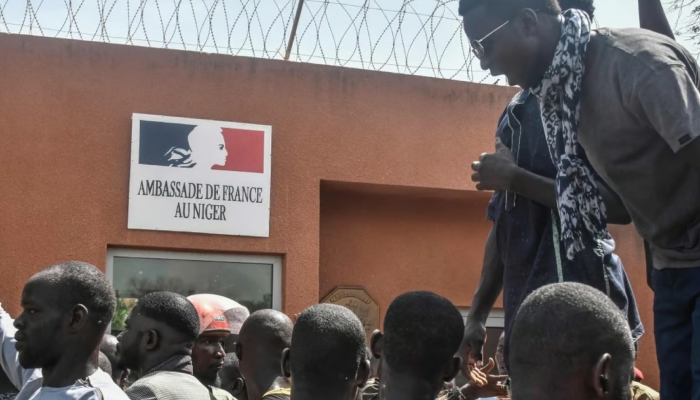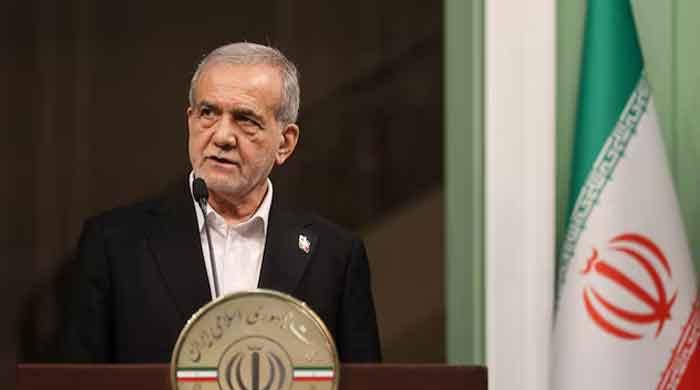Is France plotting surgical strikes to restore overthrown Niger govt?
While the French Foreign Ministry did not confirm or deny the accusation, it emphasised that it recognised Bazoum as the legitimate authority in Niger and focused on protecting its citizens and...
July 31, 2023

The military junta that recently seized power in Niger has accused France of planning strikes to free detained President Mohamed Bazoum and reinstate the toppled government.
While the French Foreign Ministry did not confirm or deny the accusation, it emphasised that it recognised Bazoum as the legitimate authority in Niger and focused on protecting its citizens and interests in the country.
The African Union, the United Nations, and other powers, including France, have condemned the junta's overthrow of Niger's elected government, marking the seventh military takeover in West and Central Africa in less than three years.
This trend has raised concerns as some countries in the region are increasingly forging alliances with Russia.
In response to the coup, the Economic Community of West African States (ECOWAS) imposed sanctions on the junta and suggested the possibility of using force to reinstate President Bazoum, who was confined to his palace by members of his guard.
Chad's President Mahamat Idriss Deby visited Niger to mediate the situation and shared images of Bazoum appearing unharmed, signalling a potential path towards a peaceful solution.
The junta claimed that the ousted government had authorised France to carry out strikes on the presidency, citing a statement allegedly signed by Bazoum's foreign minister acting as prime minister. However, no evidence was provided to support this claim.
The military takeover has also raised concerns about regional security, as foreign troops, including French forces, are stationed in Niger to combat militants in the Sahel.
In response to the coup, supporters of the junta burned French flags and attacked the French embassy in the capital, Niamey.
The coup leaders justified their actions by citing poor governance and dissatisfaction with President Bazoum's handling of the threat.
Notably, Yevgeny Prigozhin, the head of Russia's Wagner mercenary group, expressed support for the coup and offered assistance in restoring order.
Both the Kremlin and Germany's foreign ministry expressed concerns about the situation and called for a swift return to constitutional order in Niger.











